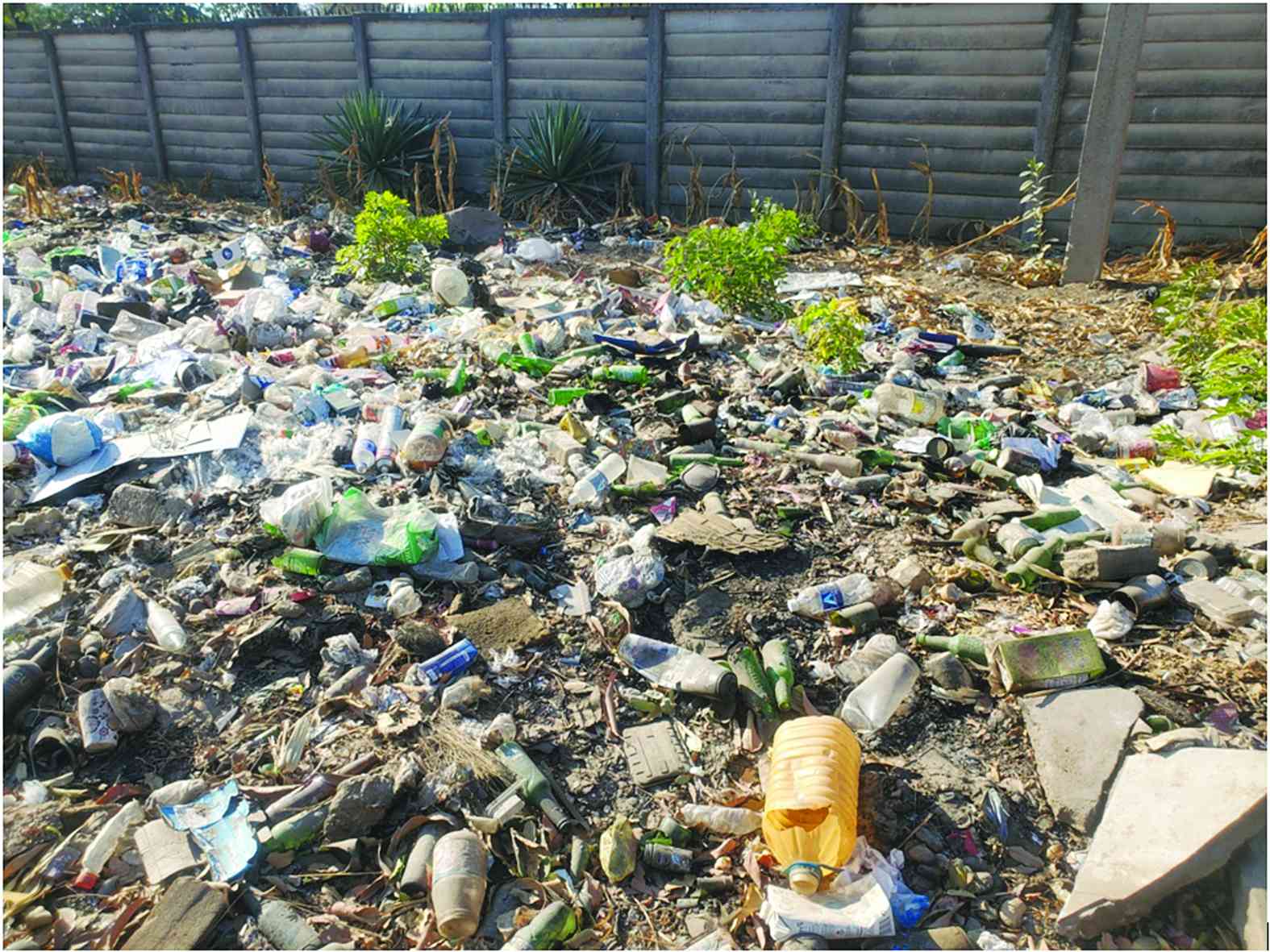
SUBSTANCE abuse remains a pressing issue in Zimbabwe, affecting families, communities and individuals in profound ways.
This crisis is particularly evident in mining areas like Shamva, where limited access to communication and economic opportunities has created a ripe environment for addiction.
The consequences are dire, leading to increased rates of street children, violence and mental health issues.
This article explores the interconnectedness of substance abuse, mental health and societal challenges, highlighting the urgent need for comprehensive interventions.
The family impact of substance abuse
Substance abuse creates significant strain within families, often leading to breakdowns in relationships and increased divorce rates.
Many couples struggle under the weight of addiction, which can manifest in emotional and financial turmoil.
The stress of living with an addicted partner often results in an unstable home environment, adversely affecting children.
Children raised in such circumstances frequently experience emotional neglect, which may lead to thm resorting to substance abuse as they seek to escape their realities.
As family structures disintegrate, many children find themselves on the streets, where they are vulnerable to exploitation and further substance abuse.
Current statistics indicate that the number of street children in urban areas has risen dramatically, highlighting the urgent need for intervention and support.
Substance abuse in mining areas
In mining regions like Shamva, the impact of substance abuse is particularly acute.
Many miners live without mobile phones due to the lack of network coverage, isolating them from the outside world.
This disconnection fosters a culture where drug abuse becomes one of the few available activities.
The prevalence of substances such as mutoriro (Crystal Meth) has led to alarming consequences, including a significant rise in sexually transmitted infections and violent altercations.
The violence associated with substance abuse in these areas is alarming; reports indicate that disputes often escalate to the use of machetes, resulting in fatalities.
A study revealed that the rate of violent crime in mining communities has increased by over 30% in recent years, underscoring the urgent need for targeted interventions.
Unemployed graduates and escapism
The plight of unemployed graduates is another critical aspect of Zimbabwe's substance abuse crisis.
Many young people find themselves living in their parents’ homes, facing mounting stress due to their inability to secure jobs.
This economic pressure often leads to feelings of hopelessness and despair, driving them to seek relief from drugs.
Without the means to afford mobile data to apply for jobs or commute to interviews, many graduates feel trapped.
Lack of resources exacerbates their mental health challenges, leading to an increased reliance on substances as a means of escape.
Recent statistics indicate that nearly 25% of unemployed graduates have reported using drugs to cope with their circumstances, highlighting the need for mental health support and employment opportunities.
Connection to gender-based violence
Recent cases involving DNA tests, such as those highlighted by Tinashe Mugabe, illustrate the complex interplay between substance abuse and family dynamics.
Many men, after altercations with their spouses, turn to drugs like mutoriro as a coping mechanism.
This not only leads to disputes but also contributes to a cycle of gender-based violence and distrust, with many families facing the trauma of paternity disputes.
The rise in substance abuse among men in these situations often correlates with increased incidents of domestic violence, leading to further breakdown of family structures.
Reports show that cases of gender-based violence have surged by over 40% in areas with high rates of substance abuse, necessitating urgent attention and intervention.
Current statistics and challenges
The statistics surrounding substance abuse in Zimbabwe are alarming:
Street children: The number of street children in urban areas has increased by approximately 35% in recent years.
STI rates: In mining communities, the prevalence of STIs has risen by over 50%, largely attributed to the normalisation of drug use and associated risky behaviours.
Violent crime: Violent crime rates in mining areas have surged by 30%, with many incidents linked to drug-related disputes.
Substance use among graduates: Nearly 25% of unemployed graduates report using drugs as a coping mechanism.
These figures paint a stark picture of the challenges faced by communities grappling with substance abuse and highlight the need for comprehensive solutions.
A way forward
To address the multifaceted challenges of substance abuse in Zimbabwe, a holistic approach is essential. Here are several key strategies that can pave way for meaningful change:
Enhanced mental health services: Increasing access to mental health resources is crucial.
This includes establishing community support centres, providing counselling services and raising awareness about mental health issues.
Integrating mental health education into school and community programmes can help to destigmatise seeking help.
Substance abuse prevention programmes: Implementing targeted prevention programmes in high-risk areas, especially mining communities, can help to raise awareness about the dangers of substance abuse.
These programmes should include education on the impact of drugs, life skills training and the promotion of healthy coping mechanisms.
Economic opportunities for youth: Creating job opportunities for unemployed graduates is vital.
This can be achieved through vocational training programmes, entrepreneurship support and partnerships with local businesses.
Providing young people with skills and resources can help to reduce the feeling of hopelessness and reliance on substances.
Community engagement and support: Engaging community leaders, families and local organisations in the fight against substance abuse is essential.
Collaborative efforts can help to create safe environments, provide support networks and promote positive social norms that discourage drug use.
Strengthening legal frameworks: Implementing and enforcing laws that address drug trafficking and distribution can help to reduce the availability of harmful substances.
Additionally, legal frameworks should support rehabilitation programmes for offenders rather than relying solely on punitive measures.
Research and data collection: Ongoing research and data collection on substance abuse trends, mental health issues and the effectiveness of interventions help policymakers to develop informed strategies.
This data can guide resource allocation and programme development to ensure they meet the community’s needs.
On this score, the impact of substance abuse in Zimbabwe extends far beyond individual users, affecting families, communities and the broader society.
The connection among addiction, family breakdowns, the rise of street children and the struggles of unemployed graduates emphasise the urgent need for a holistic approach to address these challenges.
To effectively combat substance abuse, it is crucial to incorporate mental health support, community outreach and educational programmes into a comprehensive strategy.
By fostering a culture of understanding and support, society can begin to break the cycle of addiction and its devastating consequences.
Policymakers, community leaders and mental health professionals must collaborate to develop strategies that not only address substance abuse but also promote mental well-being, ultimately paving the way for healthier families and communities.
Raymond Tendai Rusinga is a Mental Health advocate, a researcher in Zimbabwe, Harare who is dedicated to raising awareness, reducing stigma, and improving access to quality mental healthcare for all. Please feel free to WhatsApp or call: +263 776 206 227 or email: [email protected]. He writes here in his Personal Capacity










